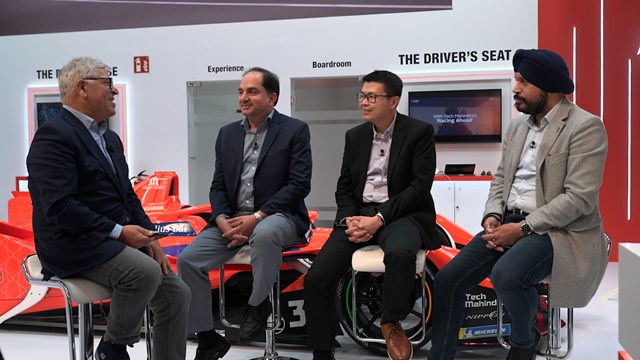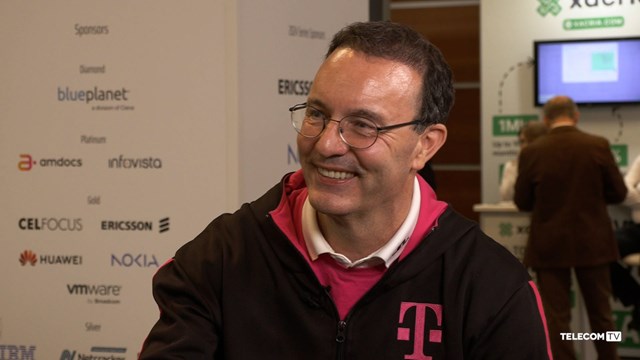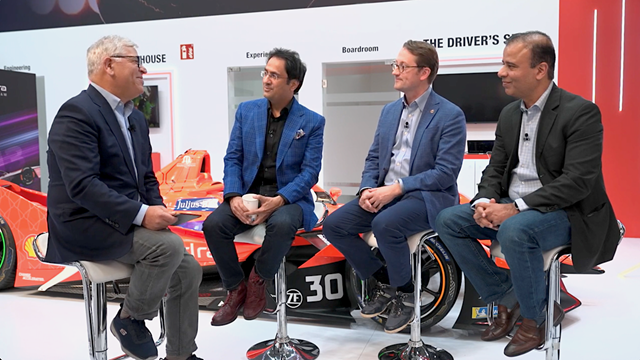In fact it has splashed a lot of cash. At $3.2 billion its offer for Nest Labs is its second largest acquisition after its $9.4 billion purchase of Motorola Mobility.
Nest is a stylish connected gadget-maker. Its co-founder and CEO is Tony Fadell who, when at Apple, played a major role in developing the iPod - Nest Labs, founded in 2010, is predictably staffed by other ex-Apple people.
For Google the acquisition is thought to be the starting gun for a major push into the home with all sorts of consumer devices re-thought from the ground up and all featuring connectivity so that they can be controlled from afar not just to turn themselves on and off, but to collect information about family behaviour so they might adapt to things like temperature, electricity costs and so on - and of course to provide big data for Google to chew on.
So far Nest Labs has reinvented thermostats and smoke alarms, but it joins up with Google at an interesting moment in its history. Last year Google launched its Chromecast smart TV adaptor - a solid step into the home. (see - Has Google cracked TV with its Chromecast gizmo?)
More recently it has elbowed its way into the already crowded connected car market by establishing the Open Automotive Alliance (sound familiar?), another area deemed to be critical. (see - Google whips up an open platform for the auto industry). Google is clearly a believer in the imminent arrival of a robust Internet of Things with at least some of the profitable action taking place in the connected home.
But it’s broader than that. All these moves into hardware indicate that Google is now prepared to compete with its platform partners over gadgetry in a full-blooded way and try to lead the market, rather than just stand back and benignly encourage the partners to produce a Nexus product here and there.
Perhaps it’s concluded that this is a trick it can get away with, having taken Motorola Mobility under its wing with no noticeable kick-back from its Android partners - despite all the dire warnings that they would flee the platform if they had to compete with Google/Motorola for Android smartphone and tablet customers. If anything, Android has tightened its grip as the premier mobile OS.
At the same time, Microsoft has found itself pursuing a similar hardware plus software strategy following its forced purchase of the smartphone bit of Nokia. With Apple also a long-standing proponent of this model, the approach is now seen as a competitive necessity rather than a dangerous, partner-screwing nuclear option.
With all those bases covered Google only has to buy a telco to have the complete ecosystem set. Oh, I forgot, it might already be building one of those... from the ground up too.
Email Newsletters
Sign up to receive TelecomTV's top news and videos, plus exclusive subscriber-only content direct to your inbox.




